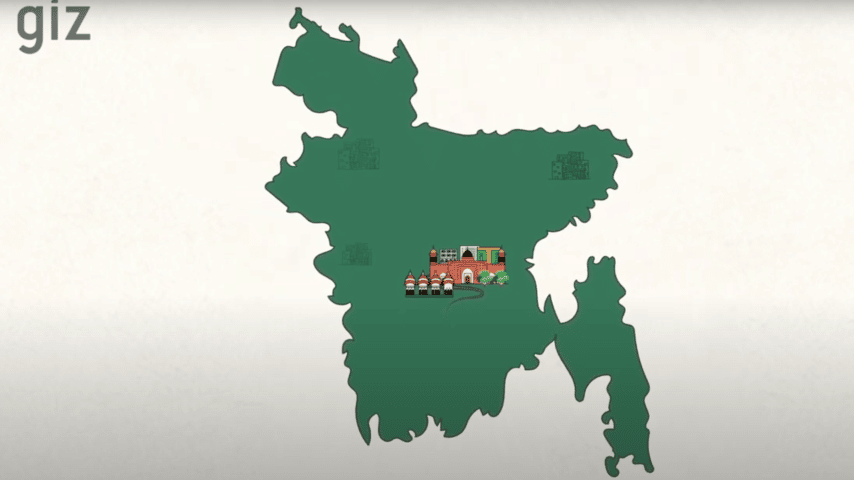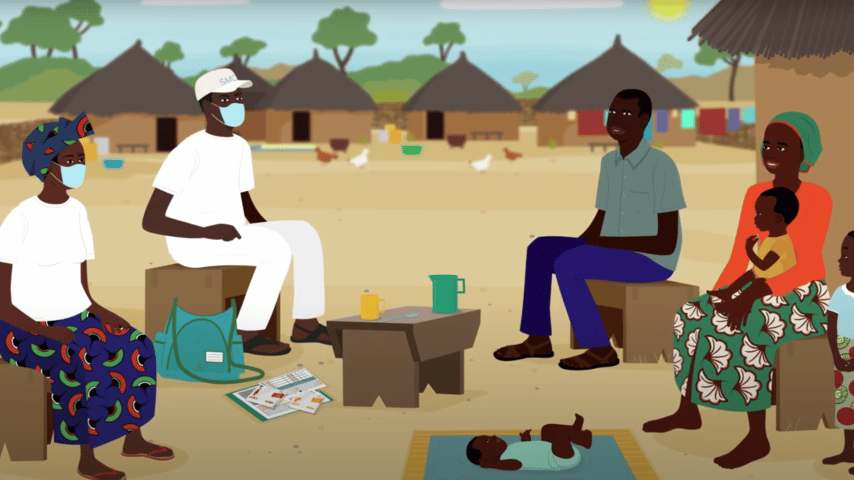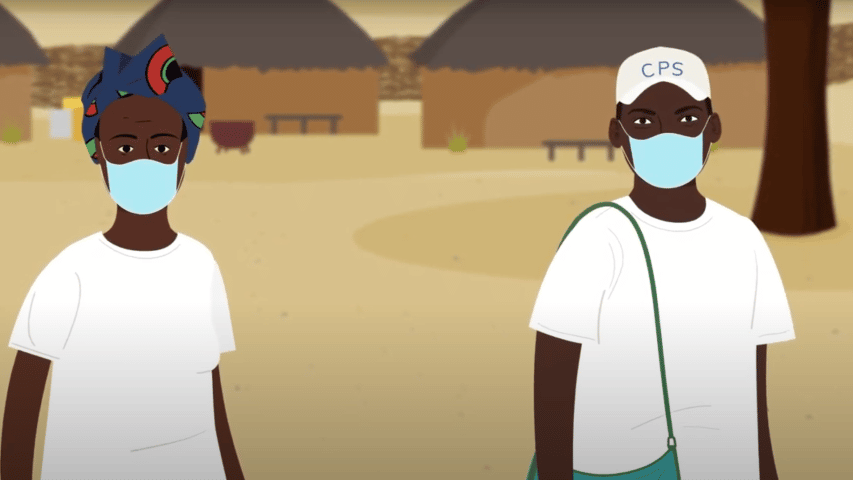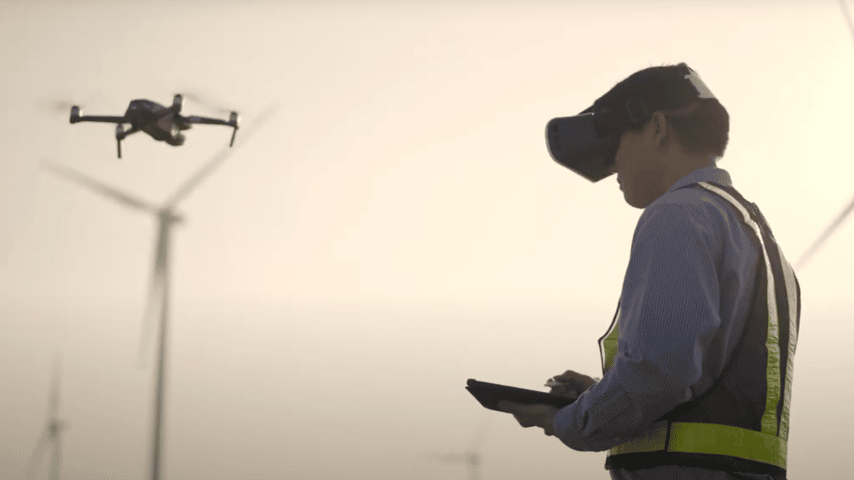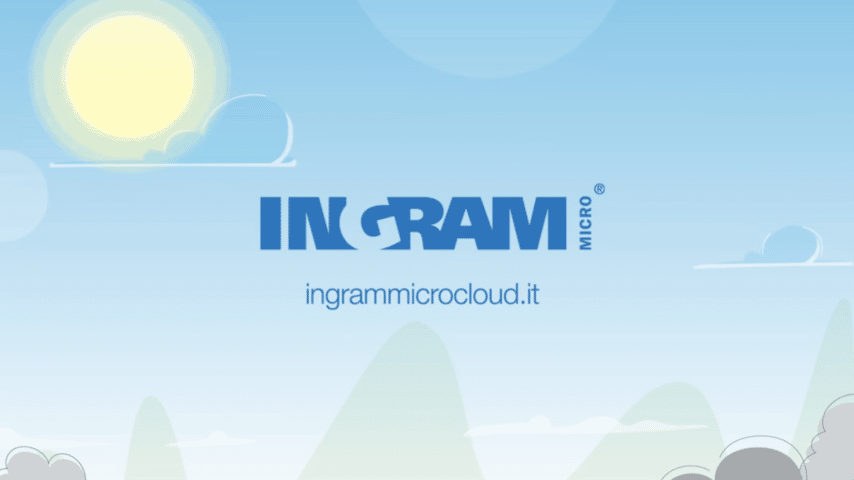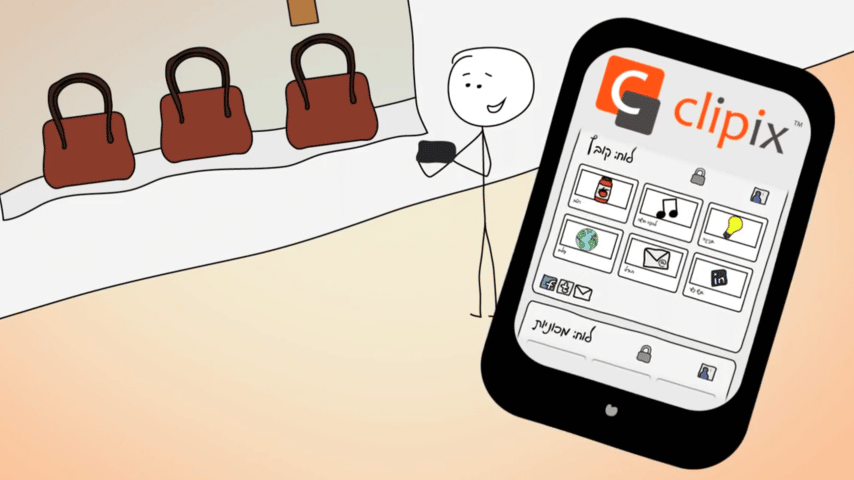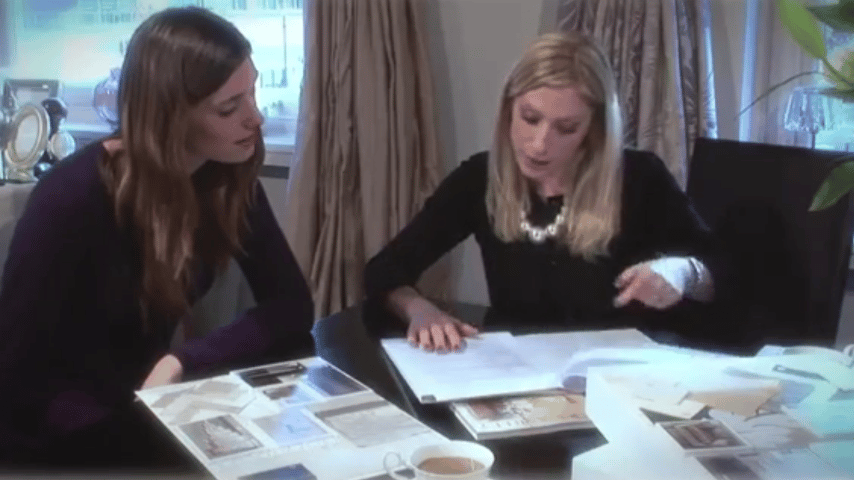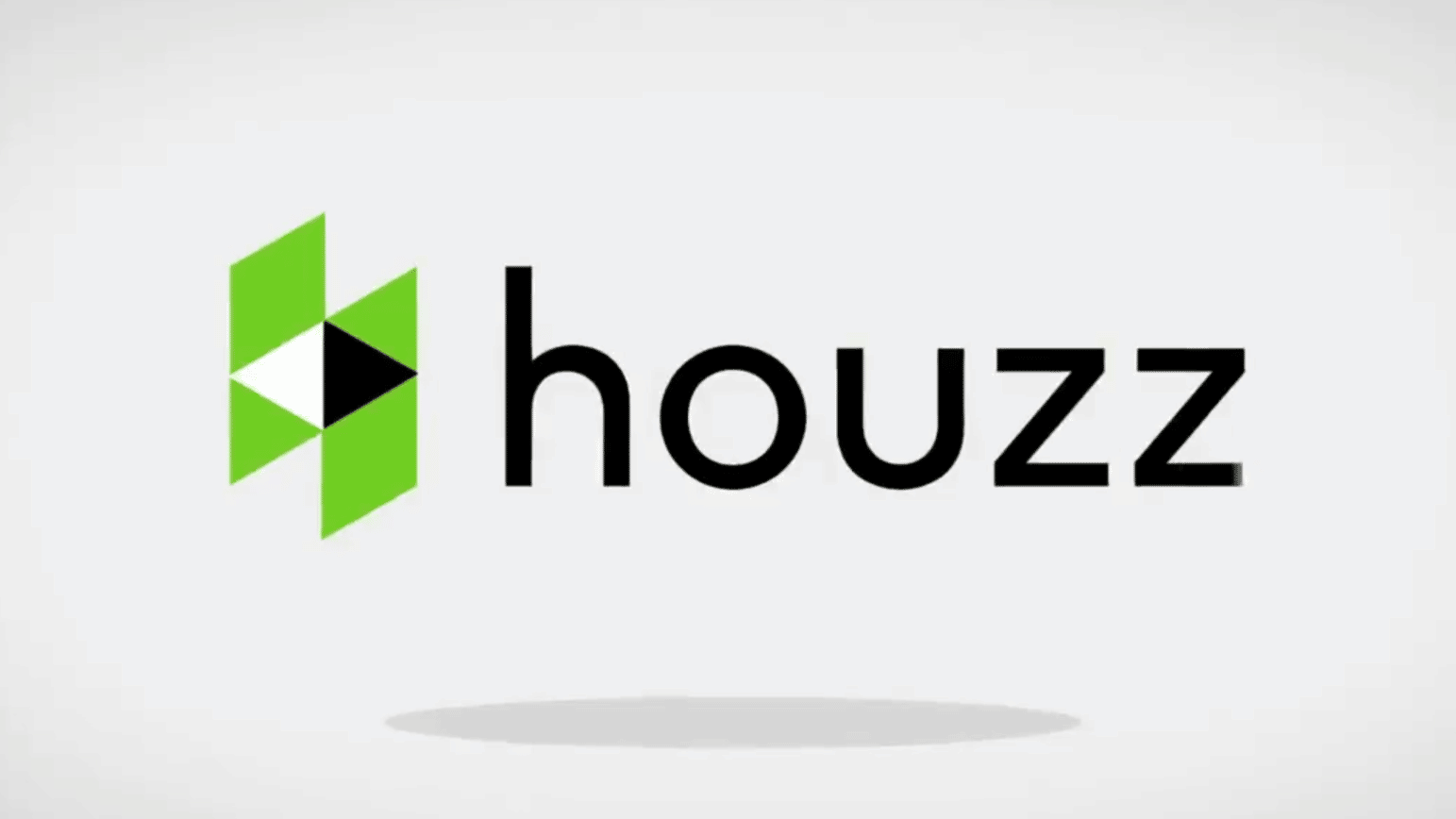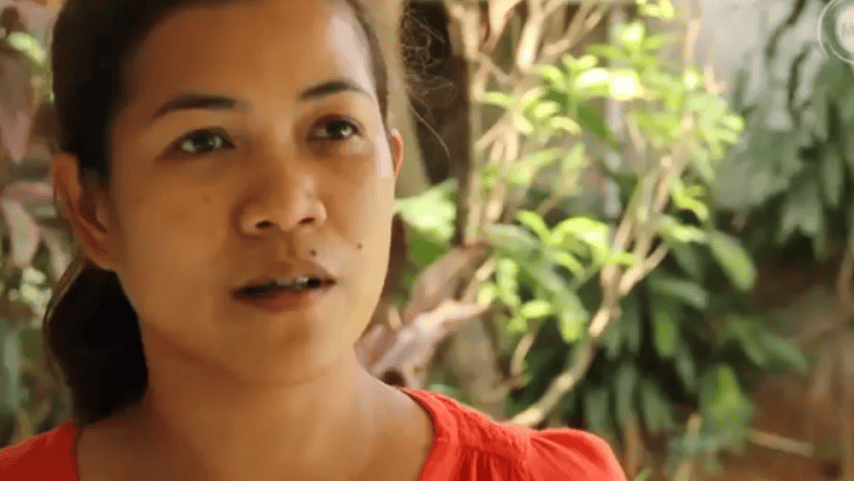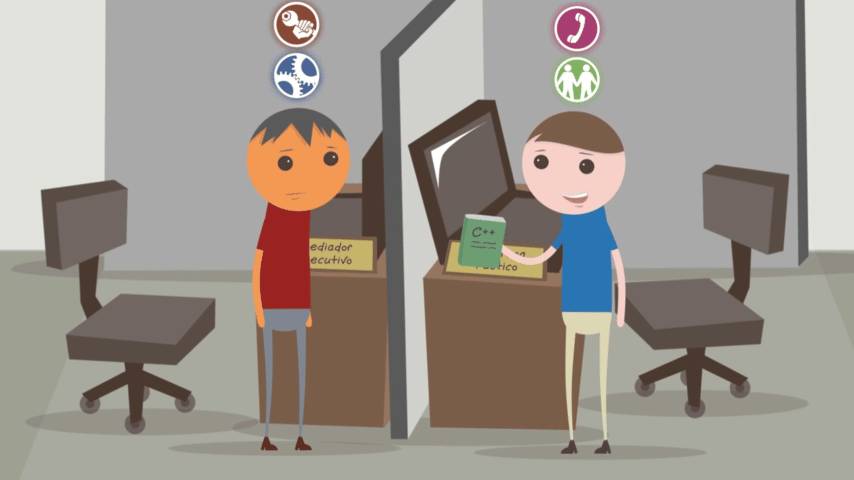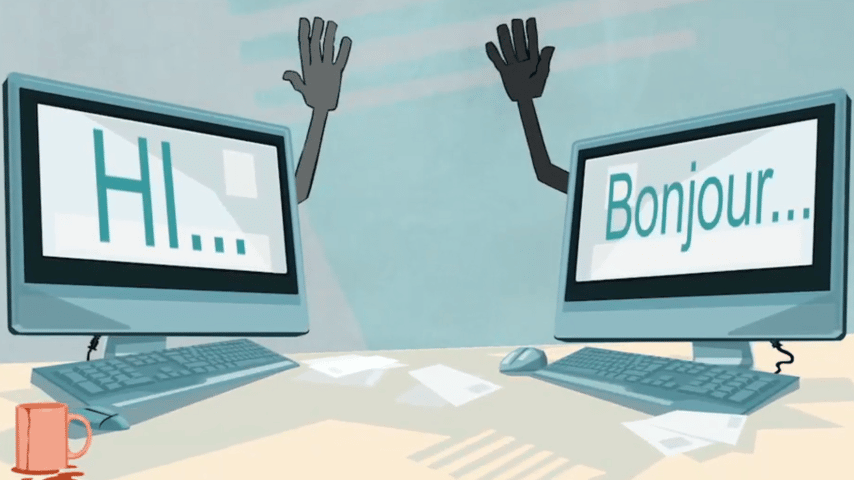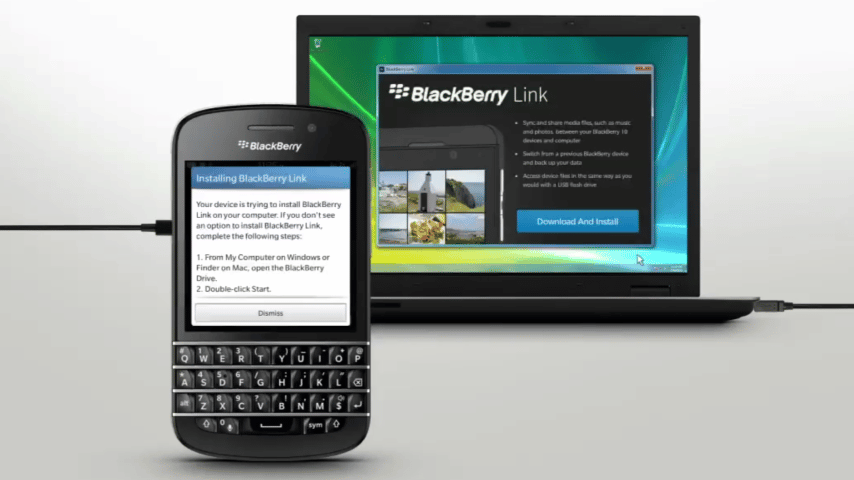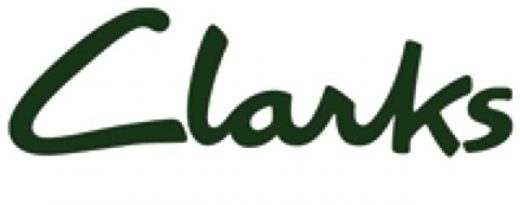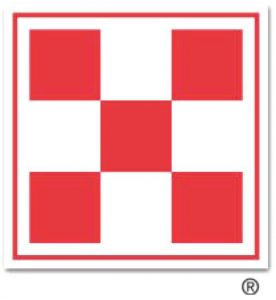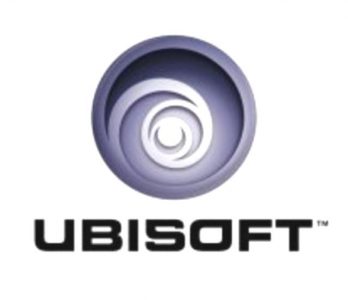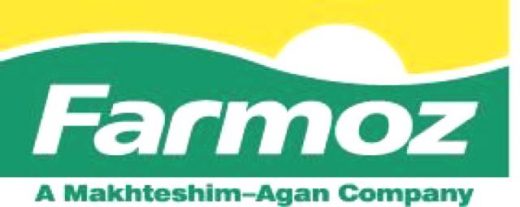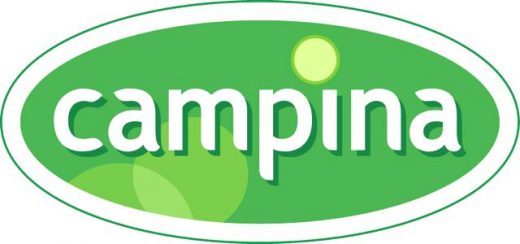Albanian Voice Over Agency

You deserve the best! Leave your project to the experts at GoLocalise so that you can relax and be assured of getting top-notch results. Every single detail will be analysed, studied and looked after so that you do not need to worry. Some would say it’s not too classy to blow our own trumpet… but we just like to point out two very important details.
We have achieved ISO 9001 Quality Management certification in recognition of our consistent performance and high standards, and ISO 14001 Environmental Management because we care about our planet! And if you are still curious and want to know more about us, why not have a look at our studio page.
Learn more about our Voice Over Services
Let's get started!
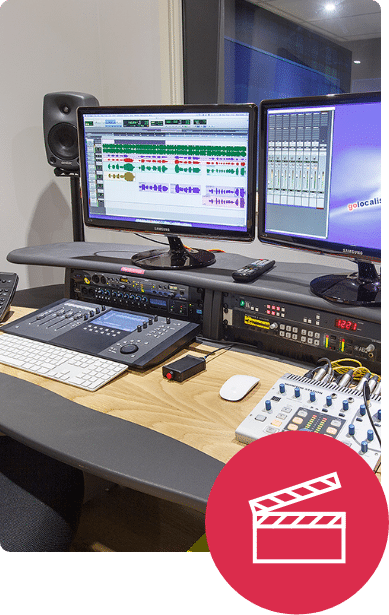
Working alongside translation & production companies
Having a strong audiovisual department on your side makes all the difference!
With GoLocalise you get an experienced and motivated team of professionals that work regularly alongside translation and production companies. We understand the technical requirements necessary to produce perfect foreign language and English voice overs. Our project managers will assist you along the way and we’ll break down the process and present it to you without the big words or technical industry jargon, so you don’t need to worry about the technical aspects and can simply concentrate on growing your business. By working with GoLocalise you’ll be able to offer additional services, i.e., voice over, subtitling and translation to your clients, with a partner who will deliver and on whom you can truly rely.
When working with translation companies we provide easy-to-follow guidelines so that you can provide your own translations for us to “convert” into subtitles, or voice over your translated scripts. Or if you prefer, we can take the entire project off your hands and keep things simple for you – it’ your call! We’re equally used to working with production companies, so we can deliver your translations or subtitles in any language and format of your choice – either burning-in the subtitles onto the video for you, or supplying you with XML or PNG files for you to do yourself – Adobe After Effects and Final Cut Pro ready files.
Reach your target market
Don’t leave your important communication to chance. Make sure your message is clearly understood by
your audience and choose GoLocalise for your next voice over project.
We have thousands of passionate and professional voice over artists ready to work with you. No matter the type of voice you are looking for, we’ll either have it in our books or find it and source it for you. We’ll organise a casting and ensure you get the perfect voice to suit your needs.
You will also benefit from having your own dedicated project manager – a single point of contact – to guide you through your project, answer any questions you may have and make things a whole lot easier.
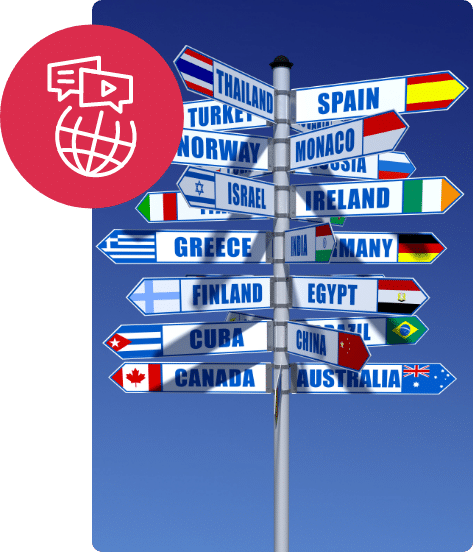

Meet your dedicated project manager
Your project will be in the safe hands of one of our multilingual project managers.
They will guide you through every step and ensure you understand the process. Our industry has a tendency to use lots of technical jargon but your dedicated project manager will be on-hand to untangle the mess and explain all you need to know to ensure you only pay for what you need.
If you need help in choosing the right voice over talent to deliver your message then just ask your project manager. From booking our voice over recording studios to ensuring you project is delivered on time in your chosen media, relax and let your experienced project manager take care of everything. You will receive unparalleled attention to detail and customer focus at competitive prices. You’ll wish everything was as easy as a GoLocalise voice over!
Perfect voice over recording studios
Your most discerning customers will thank you for choosing our modern state-of-the-art recording studios. Every detail has been carefully thought through for your comfort, leaving you to simply focus on what matters most – the voice over session.
Your recordings will sound beautiful and crystal clear thanks to our high-end studio sound-proofing and audio equipment, i.e. ProTools HD and Neumann microphones.
Maximise your budget by reducing the need for retakes with the help of our experienced in-house sound engineers who will professionally capture and edit your audio. And for those recordings in languages which neither you nor your client speak, we’ll bring a qualified pro to your session to add that essential ingredient. To make you feel right at home, we provide high-speed Wi-Fi Internet and air-con is available. And last but not least, we have the biggest cookie jar you’ve ever seen, that’ll make your custom brew taste even sweeter!
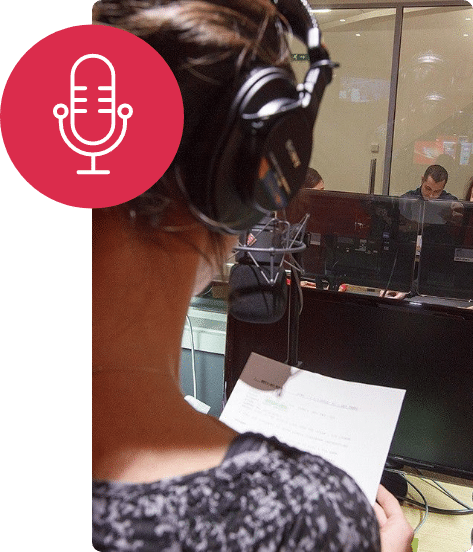
Types of Voice Over Recordings
Want to work with the best? Our dubbing and lip sync services are trusted by leading production companies, marketing and advertising agencies and TV stations from around the world.
We work in English and foreign languages, covering all international markets.
With the wide range of on-demand and online TV channels, we can help take your show, TV series or programme global with the simple addition of an English dialogue track!
Our London dubbing studios offer a full service in script translation and adaptation, casting of the voices, recording and final audio mixing of the shows so that they are ready for broadcast.
Are you looking for a voice over for your corporate video or presentation?
Then you’ve found the right place. At GoLocalise we are committed to ensuring our clients have the right tone to represent their company, service or product and we will work with you to present your message in the best possible way, so that you can impress your clients and prospects.
Once the video has been shot and edited, it’s paramount that the accompanying voice over comes across as knowledgeable about the brand and excited about the company and the services they offer. A bad voice over can make a video fall flat and impact your company’s brand and image.
Promos are a great way to launch a product or service, kick-start a campaign, make a big announcement or to just let people know about your company.
Having a great video is important, but having an engaging voice helps hammer home your message and grab the viewer’s attention.
From deep sexy voices to the “guy-next-door”, no matter what type of promo voice talent you are after, we have what you’re looking for. We are only a call or email away or, if you prefer, visit our get-a-quote page to discuss your project in detail. You can rest assured we’ll find the right promo voice over talent for your project and needs.
GoLocalise is able to provide your company with e-learning translation, localisation and voice over services, leaving you with a ready-to-host product.
You’ll benefit from an expert pool of highly-skilled linguists who have extensive experience in e-learning and a sound understanding of the particular industry sector in which you are dealing.
Our service includes the management of the entire process and delivery of content adapted to foreign markets.
The steps and services involved in any end-to-end e-learning project are: the translation of the course and on-screen text; the localisation of the course graphics; the voice over recording of the course with your preferred voice over talents; and quality control during which the localised course files are reviewed against the original files.
E-learning voice overs can be used for many applications such as training courses, step-by-step instructional and safety videos, technical information, online tutorials and many other informational and educational programmes. Whatever the application, our professional voice over talents can provide you with a clear, concise and accurate narration.
If you need a voice over to narrate your e-learning course or educational product you’ll need someone with the experience, clear diction and stamina to record large volumes of text.
Do you remember when you first started learning a foreign language?
The educational field has seen a transformation in recent years with the introduction of new technologies like smart boards and tablet apps. This transformation is especially evident in the voice over industry.
But we can all agree that the basics are still the same – a clear voice with good diction, a neutral accent, and a slow pace for better comprehension.
And while getting the right voice over talent may seem easy… we can assure you it is not. Many factors must be considered, for example, complicated words, “tongue twister” phrases, over-articulation, contractions, and lazy mouth to name a few.
Don’t leave it to chance, make sure your content is clearly understood by your audience and choose GoLocalise for your next educational voice over project. We have thousands of passionate and professional voice over artists ready to work with you in English or any foreign language.
How many times have you heard a horrible voice while on hold on the phone and felt like you just wanted to hang up?
Did you know that 90% of callers placed on hold, listening to silence, hang up within 40 seconds, and 30% of them never call back?
On-hold messaging or messages on hold is a service used by businesses and organisations of all sizes to deliver targeted information to their callers while they wait on hold or while they are being transferred.
Improve your customer experience, and choose a confident voice with tons of charm, warmth and enthusiasm to properly represent your company. We work with a great variety of companies, translating, adapting, casting the voice over talents and recording the telephone prompts.
Telephone prompts are recorded, cleaned, edited, split and labelled and delivered in the format of your choice, so you do not need to worry about anything!
Video games are not just for entertainment, but they are also used to educate users of all ages while forming strong virtual communities.
We know that the game doesn’t only have to look good and play smoothly, but also has to sound and read just right. That’s why we at GoLocalise provide all our clients with carefully selected linguists, who are not only specialists in the video game field but are also gamers themselves.
We look after every single detail when localising games into foreign languages and always use the latest glossaries for all the current video game platforms, Wii, PlayStation, Xbox, etc. so that terminology and platform word choices are always spot-on.
You’ll benefit from working with a company that provides the whole package under one roof: translation, quality control, testing and voice over services for all types of video games. The voice over process is overseen by language directors, i.e., native speakers who ensure the correct delivery, pronunciation and intonation of the script.
By using the right voices you can keep frustrated players motivated!
Learn more about Voice Over Services
Let's get started!
Voice Over Case Study

Price Match Promise
Challenge Our Prices, Enjoy Our Quality
A Brief History Of Albanian
Albanian or gjuha shqipe is anIndo-European language spoken by five million people, primarily in Albania, Kosovo, the Republic of Macedonia, and Greece, but also in other areas of Southeastern Europe in which there is an Albanian population, including Montenegro and the Preševo Valleyof Serbia. Centuries-old communities speaking Albanian-based dialects can be found scattered in Greece, southern Italy, Sicily, and Ukraine. As a result of a moderndiaspora, there are also Albanian speakers elsewhere in those countries as well as in other parts of the world, including Austria,Germany, Hungary, the Netherlands, theScandinavian countries, Switzerland, theUnited Kingdom, Brazil, Canada, the United States, Australia, New Zealand, Singapore, and Turkey.
The earliest written document that mentions the Albanian language is a late-13th-century crime report from Dubrovnik. The first audio recording of Albanian was made by Norbert Jokl on 4 April 1914 in Vienna.
The first written mention of the Albanian language was on 14 July 1285 in Dubrovnik, when a certain Matthew, witness of a crime, stated “I heard a voice shouting on the mountainside in the Albanian tongue”.
Linguistic affinities
The Albanian language is an Indo-European language in a branch by itself, sharing its branch with no other extant language. The other extant Indo-European languages in a branch by themselves areArmenian and, in some classifications, Greek. Though sharing lexical isoglosses with Greek, Balto-Slavic, and Germanic, the vocabulary of Albanian is quite distinct. Once hastily grouped with Germanic and Balto-Slavic based on the merger of Proto-Indo-European *ǒ and *ǎ into *ǎ in a supposed “northern group”, Albanian has been proven to be distinct from these two because this vowel shift is only part of a larger push chain that affected all long vowels. Albanian does share two features with Balto-Slavic languages: a lengthening of syllabic consonants before voiced obstruents and a distinct treatment of long syllables ending in a sonorant. Conservative features of Albanian include the retention of the distinction between active and middle voice, present tense, and aorist.
Albanian is considered to have evolved from an ancient Paleo-Balkan language, usually taken to be either Illyrian or Thracian, but this is debated. (See also Thraco-Illyrian and Messapian language.)
Linguistic influences
The earliest loanwords attested in Albanian come from Doric Greek, whereas the strongest influence came from Latin. The period during which Proto-Albanian and Latin interacted was protracted and drawn out roughly from the 2nd century BCE to the 5th century CE. This is borne out into roughly three layers of borrowings, the largest number belonging to the second layer. The first, with the fewest borrowings, was a time of less important interaction. The final period, probably preceding the Slavic or Germanic invasions, also has a notably smaller number of borrowings. Each layer is characterized by a different treatment of most vowels, the first layer having several that follow the evolution of Early Proto-Albanian into Albanian; later layers reflect vowel changes endemic to Late Latin and presumably Proto-Romance. Other formative changes include the syncretism of several noun case endings, especially in the plural, as well as a large-scale palatalization.
A brief period followed, between the 7th and 9th centuries CE, that was marked by heavy borrowings from Southern Slavic, some of which predate the “o-a” shift common to the modern forms of this language group. Starting in the latter 9th century CE, there was a period characterized by protracted contact with the Proto-Romanians, or Vlachs, though lexical borrowing seems to have been mostly one sided—from Albanian into Romanian. Such borrowing indicates that the Romanians migrated from an area where the majority was Slavic (i.e. Middle Bulgarian) to an area with a majority of Albanian speakers (i.e. Dardania, where Vlachs are recorded in the 10th century CE). Their movement is probably related to the expansion of the Bulgarian Empire into Albania around that time.
According to the central hypothesis of a project undertaken by the Austrian Science Fund FWF, Old Albanian had a significant influence on the development of many Balkan languages. Intensive research now aims to confirm this theory. Albanian is being researched using all available texts before a comparison with other Balkan languages is carried out. The outcome of this work will include the compilation of a lexicon providing an overview of all Old Albanian verbs.
What our happy customers say
Kerry Gillies
Director at Synergy Language Services

Thomas Kennedy
Designer at Atlas Knowledge
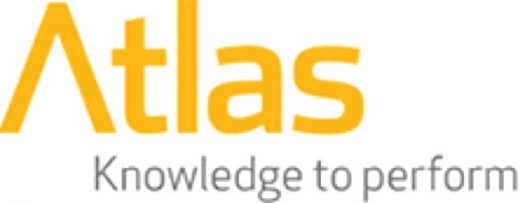
Jonathan Lapps
Account Manager at Epipheo
Philippa Strandberg-Long
Deputy Course Leader - Acting, Italia Conti
Adam Ruddick
Head of Production at Casual Films

Nicola
English UK Voice Over Talent
The Complete Solution To Adapt Your Content
Looking to get your entire project under one roof? Look no further, we can help you make life easier for you!

- Neumann Microphones
- On-hand Sound Engineers
- Talented Voice Over Actors
- State-of-the-art Recording Studios

- Tailored to Your Business
- Stringent Quality Control Process
- Laser-Focused Project Managers
- Global Network of 600+ Languages

- Professional Subtitlers
- Open/Closed Captions & Web
- Industry-Standard Software
- Subtitle Burn-in & Graphic Editing

- Improve accessibility
- Reach a wider audience
- Increased SEO and video views
- Maximise your video's engagement

